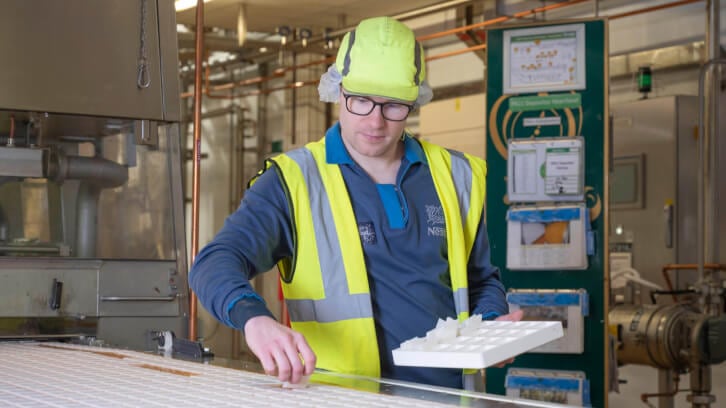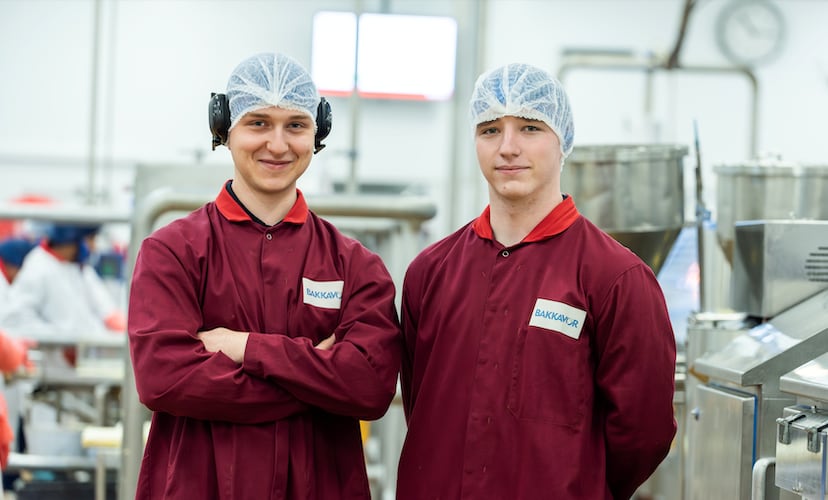Her comments followed the news that the number of new apprenticeships has fallen by up to two fifths since the introduction of the government’s levy system.
“We hear from family businesses daily how the system is too complicated, inflexible and burdensome,” said Graham. “Family businesses want to train young people and upskill their workforces, but administrative complexities discourage businesses from taking on apprentices.
“Money, a staggering £4.4bn, that could be used for training is instead returned to the Exchequer without being touched.”
Holding businesses back
Graham accused the current system of holding back the potential of businesses by failing to equip future workforces with the skills, training and support they need, where they need it.
“To deliver a skills regime that is fit for the future, we need an overhaul of the employee training landscape by refocusing the Apprenticeship Levy and making the skills landscape work for businesses and individuals,” she added. “The current skills and apprenticeship system needs to be revamped and replaced with a more holistic Future Skills Fund.”
This revamped Future Skills Fund would provide greater flexibility on how money could be used to encompass apprenticeship support, training and development for existing employees. It would also allow businesses to use the allocated funding on a wider range of training options and opportunities.
Greater flexibility
“Transitioning to a Future Skills Fund would also give businesses greater flexibility and opportunity to use funding for the skills and technical expertise they need,” Graham continued. “It would better equip local schools and colleges to provide training and skills relevant to the needs of local employers and communities.
Grham concluded by outlining a number of ways in which the fund could be used to provide a better deal for employers and employees.
This included support for transport or living costs, removing barriers between national of the UK to ensure money is spent where it is most needed, giving businesses a greater say in the development of the local skills landscape and supporting career-long skills development and learning – including when re-entering the workforce after a period of absence.
Meanwhile, Future Talent Award winner Mollie Harvey talked to Food Manufacture about her career with coffee roaster Lincoln & York and what it means for her to have taken home the prize at this year’s Food Manufacture Excellence Awards.





